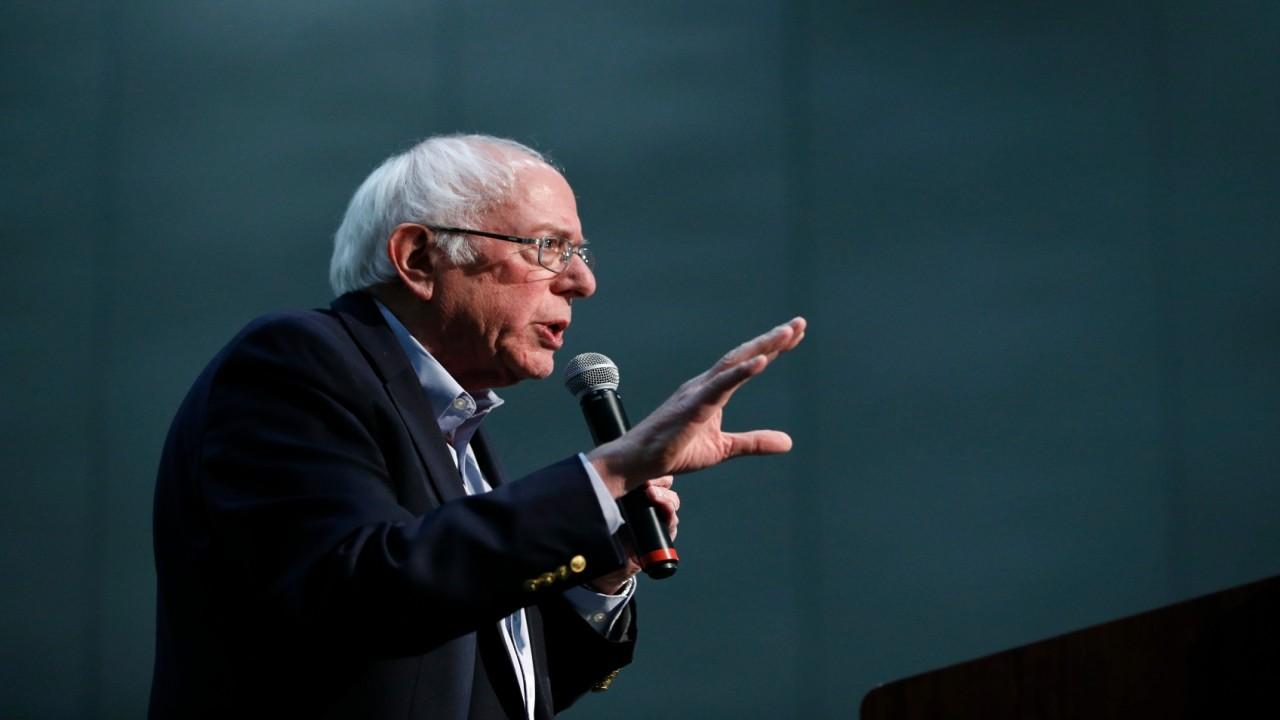How much can corporations give to 2020 political campaigns?
The Supreme Court’s landmark Citizens United ruling upended the entire campaign finance system
Democratic presidential candidates have spent the past year fervently trying to fundraise money for their White House bids, burning through the cash at a rapid pace.
While some 2020 candidates like progressive Sens. Bernie Sanders of Vermont and Elizabeth Warren of Massachusetts have rejected big-money fundraisers in favor of building a grassroots coalition, other candidates, including former Vice President Joe Biden, have said they will accept PAC money.
Still, there are limits on who can and cannot contribute to political candidates -- as well as how much they’re allowed to donate.
CLICK HERE TO READ MORE ON FOX BUSINESS
Corporations, labor organizations and national banks are all prohibited from giving money directly to candidates. That ban applies to any incorporated organization, including a non-stock corporation, a trade association, an incorporated membership organization and an incorporated cooperative. It also extends to professional corporations, like law firms and doctor practices.
DEMOCRATIC IOWA CAUCUS FLOODED WITH SUPER PAC MONEY
Of course, there are loopholes for corporations that allow them to donate to candidates, albeit in a roundabout manner.
Thanks to the Supreme Court’s landmark Citizens United ruling in 2010, which overturned restrictions on independent expenditures from corporations and labor unions, corporations can spend unlimited funds on super PACs, which cannot contribute directly to a politician or political party, but can campaign for or against candidates.
The ruling essentially allowed companies to donate millions of unregulated dollars to political causes because the Supreme Court ruled that it was a form of free speech.
According to the Center for Responsive Politics, super PACs spent more than $1 billion during the 2016 election cycle.




















